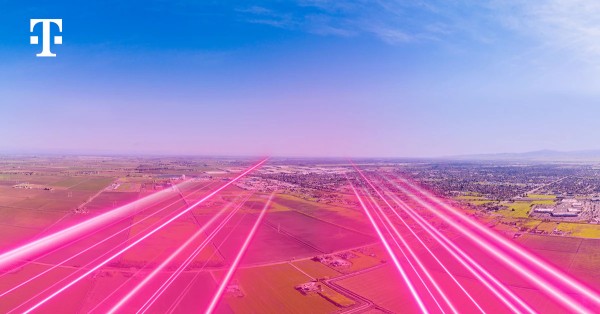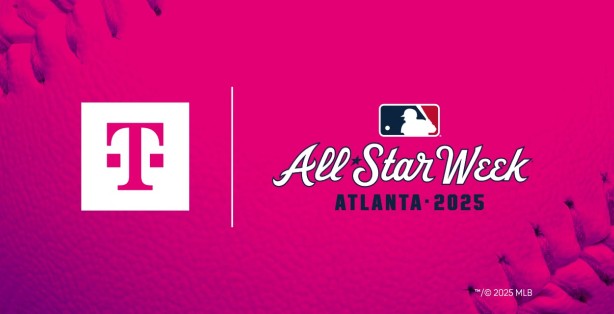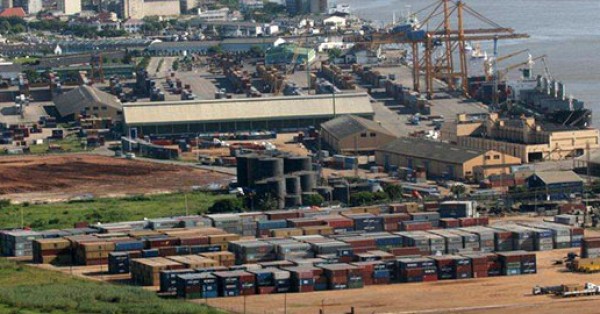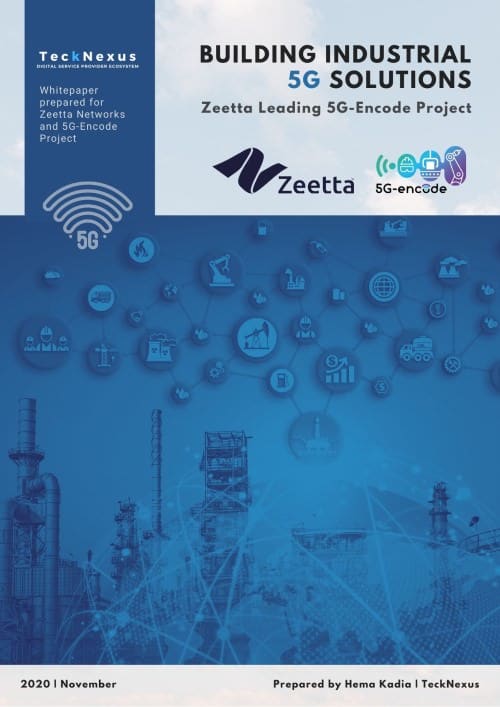As the global race for technological supremacy accelerates, Europe finds itself at a critical juncture. With rising trade barriers and intensifying competition, the continent must make bold investments in digital infrastructure to secure its place on the global stage. This necessity is echoed in the GSMA’s Mobile Economy Europe 2025 report, which underscores the transformative potential of 5G and advanced technologies while calling for urgent policy reforms to unlock critical investment.
Europe’s 5G Progress: Why It Still Trails Global Leaders
By the end of 2024, 5G accounted for 30% of mobile connections in Europe, surpassing the global average of 24%. Countries like Germany, Switzerland, and the Nordic nations are leading, with adoption rates exceeding 40%. The continent is projected to transition to 5G dominance by 2026, with 80% of mobile connections expected to be 5G by 2030. This growth will contribute a substantial €164 billion to the European economy by the end of the decade.
However, while these figures highlight significant progress, Europe still lags behind advanced regions such as North America, East Asia, and the Gulf Cooperation Council (GCC) states, where operators are already transitioning to 5G-Advanced and other next-generation networks. This disparity underscores the challenges European operators face, including high regulatory barriers and constrained investment capacity.
John Giusti, GSMA’s Chief Regulatory Officer, warns, “Europe is at a crossroads in its development of the digital infrastructure that its businesses and citizens will need to succeed. Urgent action is needed to deliver the policy reforms that Europe’s digital economy requires to re-establish a leadership position in the global technology marketplace by 2030.”
Unlocking Europe’s Potential with Advanced 5G Technologies
The GSMA report highlights the significant potential of advanced 5G technologies like 5G Standalone (SA) and 5G-Advanced, which are key to unlocking new use cases and business models. Unlike earlier iterations of 5G, 5G SA operates independently of LTE, enabling capabilities such as network slicing. This innovation allows operators to allocate network resources dynamically, ensuring the performance needed for applications like industrial automation and extended reality (XR).
As of late 2024, 18 European operators, including EE in the UK and Free in France, had deployed 5G SA networks. Additionally, 5G-Advanced is set to revolutionize enterprise solutions, with enhancements in uplink capacity, reduced latency, and improved accuracy for AI-powered applications. For example, Deutsche Telekom’s 5G+ Gaming option leverages 5G SA to provide network slicing, while Vodafone and Ericsson have demonstrated the first RedCap IoT data sessions, paving the way for IoT devices to transmit data more efficiently.
Despite these advancements, the GSMA warns that Europe’s slow pace in adopting 5G SA and 5G-Advanced technologies could hinder its competitiveness. Targeted policy interventions and sustained investment are essential to accelerate deployment.
5G’s €164 Billion Boost to Europe’s Economy by 2030
The economic implications of 5G adoption extend across multiple sectors. By 2030, 34% of the €164 billion economic boost from 5G will come from manufacturing, driven by innovations like smart factories and IoT-enabled products. Public administration and services will also benefit significantly, contributing 19% and 12%, respectively.
In 2023 alone, mobile technologies contributed €1.1 trillion to Europe’s GDP—representing 5% of the total economy—and supported over 3 million jobs. The ripple effects of these contributions are felt across every industry, from logistics and healthcare to entertainment and energy.
How AI is Transforming Europe’s Telecom Industry
European telecom operators are leveraging AI to transform their operations and enhance customer experiences. According to the GSMA report, over one-third of European operators have widely deployed generative AI across multiple business areas, enabling advancements in network optimization, cybersecurity, and customer service.
Key examples include:
- Vodafone and Microsoft’s Strategic Partnership: Vodafone has entered a 10-year partnership with Microsoft to enhance customer service through AI, focusing on real-time problem resolution and predictive maintenance.
- Deutsche Telekom’s AI-Driven Security: The company uses AI to analyze over 1 billion security data points daily, identifying and mitigating potential cyberattacks.
- EE’s 5G Network Enhancements: EE’s 5G Standalone network uses AI for energy efficiency and reliability, enabling its Network Boost feature to improve performance in high-traffic areas.
Additionally, partnerships are driving innovation. Telefónica’s collaboration with Nvidia and Matsuko has introduced holographic meeting capabilities, while Deutsche Telekom is advancing telecom-specific large language models through the Global Telco AI Alliance.
The Role of 5G FWA and IoT in Europe’s Digital Expansion
5G Fixed Wireless Access (FWA) is emerging as a critical use case in Europe, particularly in areas where fiber deployment is not cost-effective. By 2030, FWA adoption is expected to reach double-digit penetration in several European countries, complementing enhanced mobile broadband offerings.
Similarly, licensed cellular IoT connections are projected to rise to 545 million by 2030, with Germany leading the charge. Applications range from smart utilities and logistics to wearable technology and video monitoring, powered by innovations like 5G RedCap.
Policy Changes Europe Needs for Digital Investment Growth
The GSMA’s report calls for a comprehensive overhaul of Europe’s regulatory framework to address investment bottlenecks. Key recommendations include:
- Modernizing EU Spectrum Policy: Establish predictable and harmonized spectrum auction designs to encourage investment.
- Completing the Digital Single Market: Enable cross-border mobile service development to support scalability.
- Ensuring Fairness in the Internet Value Chain: Create a balanced environment where content providers contribute equitably to data transport costs.
- Encouraging Sustainability: Apply circular economy principles to network equipment and promote green investment in digital infrastructure.
By implementing these reforms, Europe can create a more conducive environment for innovation, ensuring the telecom sector serves as a catalyst for broader economic growth.
Shaping Europe’s Digital Future: A Roadmap to Global Leadership
Digital infrastructure investments are more than just a technological necessity—they are a cornerstone of Europe’s economic future. As the GSMA report underscores, 5G and advanced digital technologies have the potential to transform industries, boost GDP, and secure Europe’s position as a global leader. However, realizing this vision will require decisive action from policymakers, industry stakeholders, and investors.
With the right strategies, Europe can harness the full potential of 5G, advanced technologies, and AI to drive innovation, improve productivity, and enhance quality of life for its citizens—ensuring a prosperous and competitive future on the global stage.































